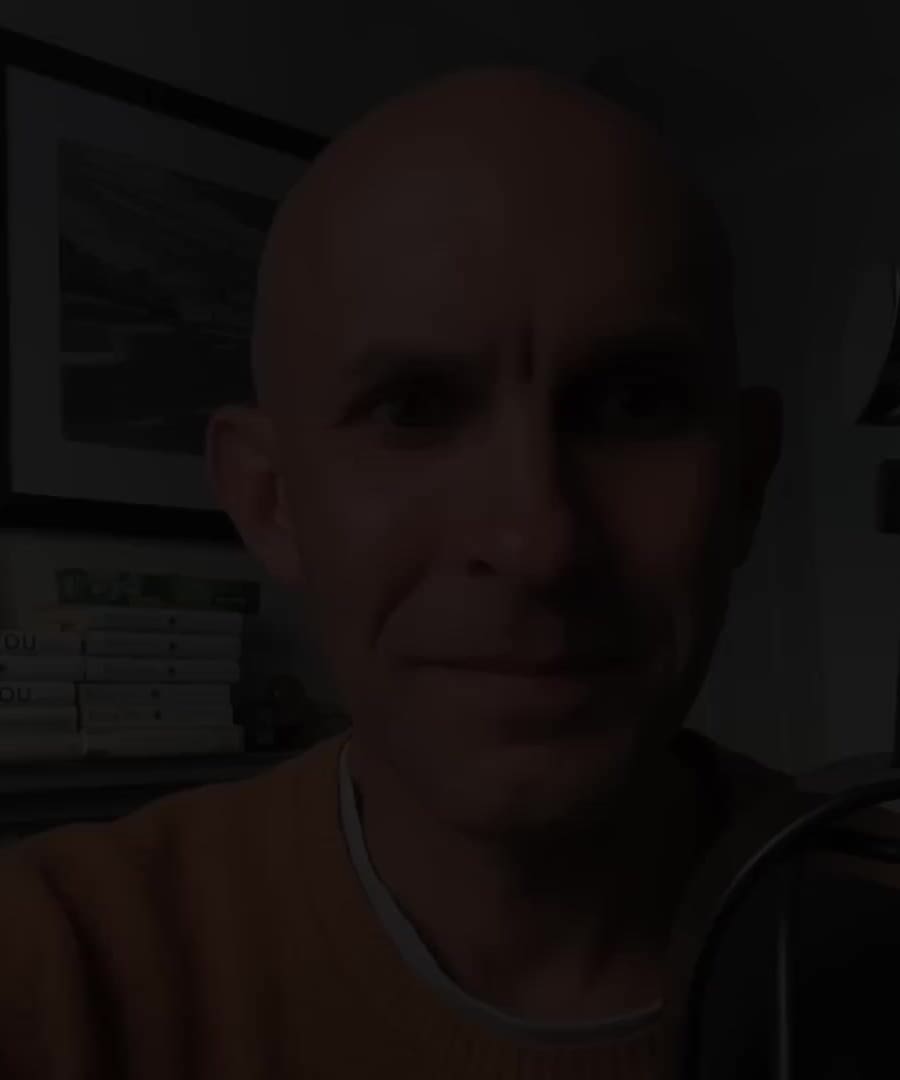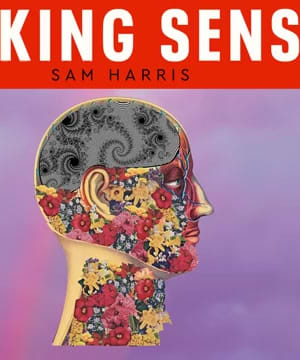Hard problem of consciousness
Sources:
The hard problem of consciousness, coined by , presents a fundamental challenge in understanding how physical processes in the brain give rise to subjective experiences. Chalmers distinguishes between "easy" problems of consciousness, such as explaining behavior and brain functions, and the hard problem, which is about explaining the experience itself 1.
explains that the hard problem is often misunderstood as purely scientific, but it has deeper philosophical roots. It questions how electrochemical signaling in the brain can produce the inner world of experiences we constantly live through. Goff suggests that until we address these philosophical aspects, solving the hard problem will remain elusive 2.
, however, emphasizes tackling what he calls the "real problem" of consciousness – explaining the properties and experiences of consciousness through the brain and body, potentially making the hard problem fade away as we gain better understandings 3.
In contrast, speculates on the implications of creating conscious AI, questioning whether we would recognize or value this artificial consciousness and what moral responsibilities might arise if AI could experience more profound emotions than humans 4.
These insights highlight the multifaceted nature of the hard problem of consciousness, encompassing philosophical, ethical, and scientific dimensions.
RELATED QUESTIONS


